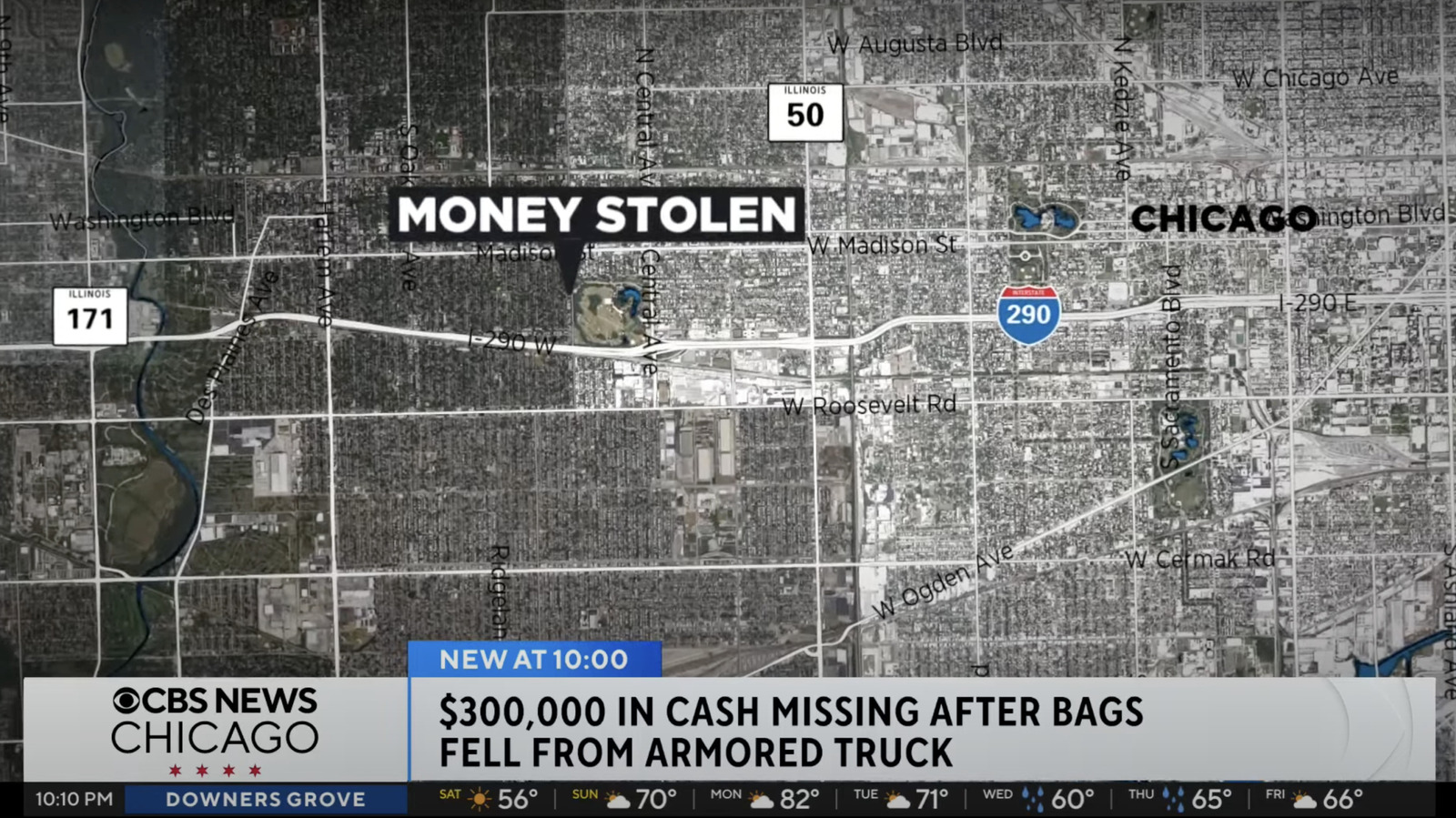Imagine this: you’re walking down the street, and suddenly, bags filled with cash tumble out of an armored truck, scattering money everywhere. It sounds like a scene straight out of a movie, right? But what happens next? Do you scoop up the cash and run, or do you do the right thing and report it?
The reality is, while the idea of finding money on the street can be thrilling, the legal implications are serious. Technically, taking cash that doesn’t belong to you is against the law. So, let’s dive into the nuances of this situation and explore what you should really do if you ever find yourself in such a scenario.
What Should You Do If You Find Cash?
First off, it’s essential to understand that finding cash doesn’t automatically mean it’s yours to keep. In many jurisdictions, the law treats found money as lost property. This means you have a legal obligation to report it to the authorities. If the money is unclaimed after a certain period, it may then be returned to you, but that’s not a guarantee.
Consider this: if you find a wallet with cash and identification, the right move is to return it to its owner or turn it in to the police. The same principle applies to cash. While the temptation to keep it might be strong, doing the right thing can save you from potential legal trouble down the line.
What Are the Legal Consequences?
The consequences of keeping found money can vary widely depending on where you live. In some places, it could be classified as theft, even if you didn’t intend to steal it. In others, there might be specific laws governing lost property. For instance, in some states in the U.S., if you find money and don’t report it, you could face fines or even criminal charges.
It’s not just about legality, though. Think about the ethical implications. Keeping money that isn’t yours can weigh heavily on your conscience. Imagine the person who lost that money—what if it was their rent or grocery money?
Real-Life Examples of Finder’s Keepers
There have been numerous instances where people have found large sums of cash and faced tough decisions. In one notable case, a group of people in California found bags of cash that had fallen from an armored truck. The community was buzzing with excitement, and many felt justified in keeping what they found. However, the law was clear: that money belonged to the armored truck company.
In another case, a man found a briefcase filled with cash at an airport. Instead of pocketing it, he turned it in to airport security. A few weeks later, he was rewarded for his honesty when the owner, a businessman who had lost the briefcase, offered him a generous reward.
These stories highlight a crucial point: doing the right thing can sometimes lead to unexpected rewards, both legally and morally.
What If You’re Tempted to Keep It?
Let’s be real—if you stumbled upon a significant amount of cash, it might be hard to resist the urge to keep it. But before you act, take a moment to consider the potential fallout. Is the thrill of keeping that money worth the risk of legal trouble?
Instead of giving in to temptation, think about the positive impact you could have by reporting it. You might not only avoid legal issues but also contribute to a sense of community and trust.
The Big Takeaway
Finding cash on the street can be exhilarating, but it’s essential to remember that it’s not yours to take. The law is clear, and the ethical implications are significant. The big takeaway? Finder’s keepers isn’t about claiming what isn’t yours—it’s about making smarter choices. If you ever find yourself in such a situation, take a moment to think it through. Reporting it could lead to a more rewarding outcome than you might expect. Start with one ethical choice this week, and you’ll likely feel the difference in your peace of mind.


